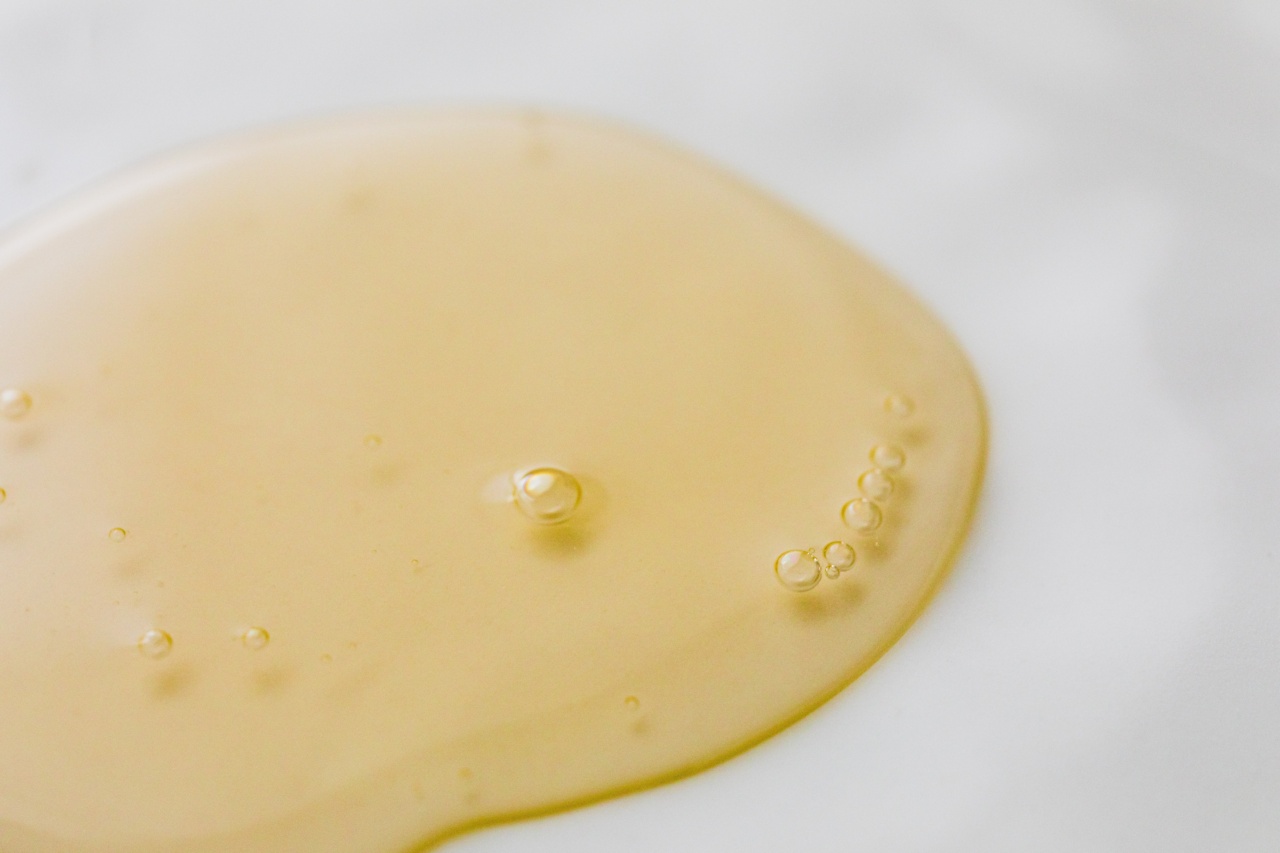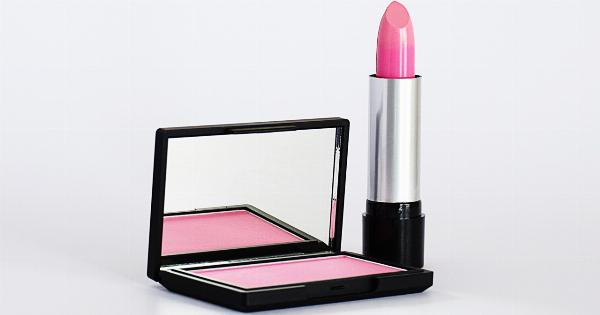Over the past few years, there has been a significant rise in the popularity of organic beauty products. Consumers are becoming more conscious about what they put on their skin and are shifting towards natural and organic alternatives.
This shift is driving a revolution in the beauty industry, promoting a healthier and more sustainable approach to beauty. In this article, we will explore the concept of the organic beauty revolution and its impact on consumers, the beauty industry, and the environment.
Understanding Organic Beauty
Organic beauty refers to skincare, haircare, and makeup products that are formulated with organic and natural ingredients. These products are free from synthetic chemicals, harmful additives, and genetically modified organisms.
Instead, they utilize the power of nature to provide nourishing and effective beauty solutions.
Unlike conventional beauty products, organic beauty products go through strict certification processes to ensure their quality and purity.
They are made using sustainably sourced ingredients that are grown without the use of pesticides, herbicides, or other harmful chemicals. Additionally, they are often packaged in eco-friendly and recyclable materials, reducing their carbon footprint.
The Shift in Consumer Preferences
One of the key drivers of the organic beauty revolution is the change in consumer preferences. People are now more knowledgeable about the potential risks associated with synthetic chemicals commonly found in traditional beauty products.
They are concerned about the long-term impact of these chemicals on their health and the environment.
Consumers are increasingly opting for organic beauty products to avoid exposing their skin to harmful ingredients.
The natural ingredients used in organic beauty products are believed to be gentler on the skin and less likely to cause irritation or allergies. Being free from harsh chemicals, organic beauty products are also considered safer for long-term use.
Moreover, many individuals are also making the switch to organic beauty products due to their positive impact on the environment.
From production to disposal, organic beauty products have a lower environmental footprint compared to their conventional counterparts. This aligns with the growing global concern for sustainability and eco-consciousness.
The Effects on the Beauty Industry
The organic beauty revolution has had a profound impact on the beauty industry as a whole. Increased consumer demand for organic products has led to a surge in new brands and product lines dedicated to organic beauty.
Major cosmetic companies are also reformulating their existing products to cater to this rising popularity.
Beauty retailers and e-commerce platforms have responded to this trend by expanding their range of organic beauty products. Many have dedicated sections specifically for organic products to make it easier for consumers to discover and purchase them.
This shift has given rise to a more competitive organic beauty market.
The Rising Importance of Transparency
As consumers become more discerning about the products they use, transparency has become a crucial factor in the organic beauty revolution.
Brands are expected to provide clear and accurate information regarding their ingredients, sourcing practices, and certifications.
Organic beauty brands often highlight the organic certifications they have received from reputable organizations. These certifications help consumers make informed decisions by ensuring that a product meets specific standards and criteria.
Examples of prominent organic certifications include COSMOS, USDA Organic, and Ecocert.
In addition to certifications, brands are also opting for transparent packaging to showcase their commitment to sustainability.
Transparent labels and clear product descriptions help consumers understand the ingredients and make educated choices about the products they purchase.
The Benefits of Going Organic
Choosing organic beauty products can offer a multitude of benefits. Organic ingredients are rich in vitamins, minerals, and antioxidants that effectively nourish the skin, hair, and nails.
Natural ingredients such as aloe vera, shea butter, and coconut oil are known for their moisturizing and healing properties.
In contrast, many conventional beauty products contain chemical additives that can strip the skin of its natural oils, leading to dryness and skin issues.
The switch to organic beauty can help restore the skin’s natural balance, promoting a healthier complexion.
Furthermore, the lack of synthetic chemicals in organic beauty products reduces the risk of allergic reactions and skin sensitivities.
Organic products are often fragrance-free or contain natural scents derived from essential oils, making them a better option for individuals with sensitive skin or respiratory issues.
From an environmental perspective, the organic beauty revolution contributes to reducing chemical pollution in waterways and soil.
The use of organic farming practices avoids the release of synthetic pesticides and herbicides, which can have harmful effects on ecosystems and wildlife. Additionally, the packaging of organic beauty products is often eco-friendly and biodegradable.
The Importance of Supporting Sustainability
The organic beauty revolution not only benefits consumers but also supports sustainability efforts. By choosing organic products, consumers are actively participating in the preservation of biodiversity and the protection of natural resources.
This encourages a more sustainable and responsible approach to beauty and personal care.
Furthermore, the increased demand for organic beauty products encourages more farmers and manufacturers to adopt organic farming and production practices.
This shift promotes the growth of organic agriculture, which relies on natural fertilizers, crop rotation, and other sustainable methods. By supporting organic beauty, individuals are contributing to the overall development of sustainable farming and production systems.
The Future of Organic Beauty
As the organic beauty revolution continues to gain momentum, the future of the industry looks promising. Consumers are becoming more conscious of their purchasing decisions, and brands are adapting to meet their demands.
The development of organic beauty standards and certifications further enhances transparency and helps consumers make informed choices.
The growth of the organic beauty market is also creating opportunities for innovation and product development. Research is being conducted to discover new organic ingredients and advanced formulations that deliver even better results.
This continuous improvement further strengthens the position of organic beauty in the market.
It is important to note that the organic beauty revolution is not a passing trend but an essential shift towards a more sustainable and healthier way of approaching beauty.
By embracing organic beauty, individuals can prioritize their well-being while minimizing their impact on the planet.






























